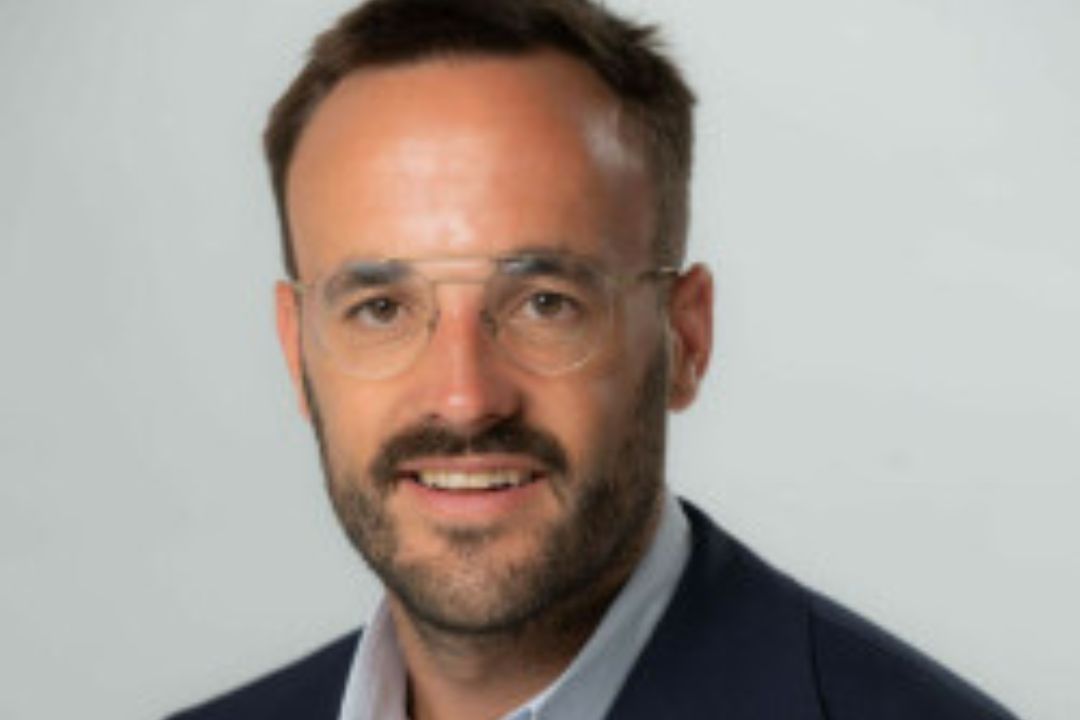30th September 2019
Lisbon was the second pit stop on the EIT Health Think Tank European route for discussing ways in optimising innovation pathways in the field of healthcare in different EU regions.
The Round Table discussion was joined by over twenty experts from different fields of healthcare innovations – top tier Portuguese leaders and EIT Health representatives.
The Portuguese Round Table was organised on the 19. September in Sintra – a town near the capital, Lisbon – at the EIT Health’s Partner’s office at Glintt, one of the country’s biggest technological companies. The EIT Health Think Tank is a forum for experts and thought leaders working in collaboration in order to shape the future of healthcare in Europe by identifying the barriers and opportunities that will either aid or impede the widespread adoption and uptake of healthcare innovation. These discussions take place both on a regional and pan-EU and regional basis. This year’s forum wants to provide an analysis and to make recommendations for removing barriers and speeding up processes of delivering innovations to patients and citizens. Besides Portugal, the Round Table Meetings are also being held in Spain, the UK, Sweden, Germany, France and Belgium.
Portuguese Key Opinion Leaders on healthcare innovations: challenges and opportunities
The Round Table discussion was joined by over twenty experts from different fields of healthcare innovations. These individuals were representatives of industry, academia, patients’ organisations, innovators and regulators. They focused on the Telemedicine Innovation Pathway in Portugal, talking over its current state, optimisation process and propositions of actionable recommendations. The discussion was facilitated by Finn Boerlum Kristensen, chair of the EIT Health Think Tank, and moderated by David Magboule, founder of LabToMarket. The main outcomes will be outlined in a final report. In addition, in early 2020 there will be a Pan-EU Round Table organised with the aim of summarizing all regional debates. During the Round Table in Portugal the experts highlighted several challenges and recommendations concerning different stages of developing innovations: from the ideation phase through to development, market entry and adoption. Among the challenges to be faced, the experts agreed that one of the problems is the lack of innovation departments in hospitals that might be a result of short-term or more immediate priorities different to innovation business models. Helena Canhão, the coordinator of the Comprehensive Health Research Centre at University of Lisbon stated that the Portuguese public health system is mainly focused on providing a healthcare service, not in developing research and innovation. Therefore, it might be very difficult to implement clinical trials in public hospitals in Portugal.
Another point expressed was the necessity of freeing the information flow between different stakeholders of the innovation process. According to Patricia Calado from the National Innovation Agency, the most important focus has to be placed on better communication among healthcare professionals: “For better optimisation of the Innovation Pathway, first we all need to talk to each other, and foremost, researchers have to talk to clinicians and end users,” she said. The leaders also highlighted the shift from the traditional push towards need-driven innovations. Filipa Fixe, Executive Board Member at Glintt, mentioned that “It’s crucial to define citizens’ needs and measure the outcomes in order to create better pathways of innovation leveraged based on current scientific knowledge.” Nuno Viegas, Business Creation Manager and Regional Manager representing EIT Health in Portugal, highlighted that “Innovation has to be driven by the market’s and society’s unmet needs. To create a strong innovation pathway and powerful success stories, we need to focus on needs-driven innovation.” Amongst future recommendations suggested and agreed by the participants were increasing the political coordination and the role of regulators for innovation in healthcare, increasing clinical research activity of hospitals, looking at improvements of the evaluation process of healthcare technologies such as medical and well-being devices – along with applications, improving co-creation from ideas to development, defining clear innovation goals, creating innovation ecosystems that drive small grants and testing beds, and improving market entry solutions and their adoption processes.
Why Portugal?
Portugal is one of thirteen countries included in the EIT Health network. It is one of InnoStars countries, with eight Partners and two EIT Health Hubs that support development of the local innovation ecosystem. Portugal is classified as a progressing region at the pace of innovation, according to the European Innovation Scoreboard. Even though the country – with its four key regions (Lisbon, Coimbra, Evora, Porto) – is one of the main innovation leaders in Southern Europe[1]. – the Portuguese ecosystem is developing rapidly with huge potential for rapid virtual health adaptation. With already twenty years of telemedicine practice, Portugal is currently facing some challenges regarding further development in this field. Although 87% of public hospitals use telemedicine – according to research from 2019 published by Global Intelligent Technologies –only 44% of healthcare professionals are motivated towards this adoption. Furthermore, as research shows, there is still a visible lack of know-how and a proper IT infrastructure in this discipline. However, 64% of consumers state that it is convenient to have access to virtual health. This sets a clear trend towards the adoption of digital health. Portugal is in a privileged situation as there is a clear shift happening towards this adoption. It is also worth mentioning that Portuguese start-ups and researchers are one of the most active in the European education and acceleration programmes operated by EIT Health, mentioning only some of those:
- Neuropsycad – a technology developed at the University of Lisbon that uses artificial intelligence for early identification of signs of neurodegenerative illnesses – such as Alzheimer’s and Parkinson’s disease – in conventional brain scans. The Finalists of European Health Catapult 2018.
- Hydrustent – a biodegradable ureteral stent that can revolutionize the treatment of patients with kidney diseases. The Finalist of European Health Catapult 2018. [hyperlinks]
- SwitHome – a new solution to let post-stroke patients undergo rehabilitation at home. While patients do exercises to improve their balance and gait, the system gives them real-time feedback and provides their therapist with progress monitoring. By allowing for some rehab sessions to take place at home, the solution reduces the therapist’s workload and saves money. This is an example of EIT Health Innovation Project, coordinated by IPN in collaboration with University of Coimbra, GMV Innovating Solutions, Parc Sanitari Sant Joan de Deu, University Medical Center Groningen and External Partners.
- Healiqs4Cities – a project coordinated by IPN, with support of other EIT Health Partners. HeaLIQs brings health education to the public by stimulating interaction between citizens, local academia, healthcare SMEs and government, in the “Healthy Living Room”, an open forum for learning and discussion focused on a healthy lifestyle.
[1] The country is considered a “moderate innovator”, although this does not prevent it having a few regions that have already ascended to the league of the best. For instance Lisbon or Vale do Tejo are regions regarded as “strong innovators” – they have exceeded the country’s performance which, in global ranking terms, has been “pulled” down because, despite evolving positively, the innovation system has “many fragilities”.
Europe's top health start-ups take centre stage: EIT Health Catapult winners are revealed at HLTH Europe

2025 Catapult programme winners announced.
Finding Europe’s next healthtech leaders: Insights from Antoine D’Hollander

Insights from Antoine D’Hollander, Capricorn Partners.
EIT Health supports 17 promising deep tech start-ups bridge the ‘Valley of Death’

Providing start-ups with the right support.